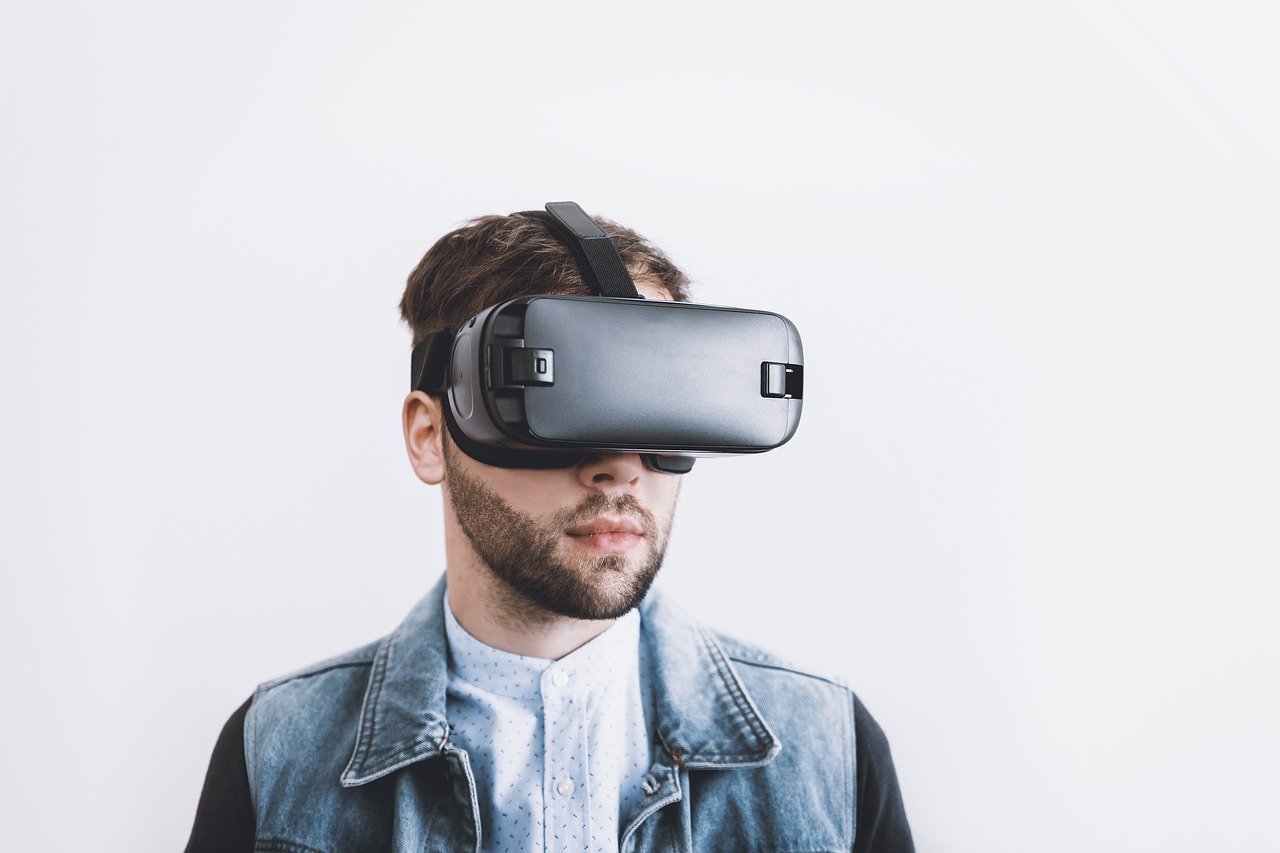 EMERGING TECH
EMERGING TECH
 EMERGING TECH
EMERGING TECH
 EMERGING TECH
EMERGING TECH
Updated:
Facebook’s parent company Meta Platforms Inc. has reportedly canceled a multiyear project to build an operating system designed to power its upcoming virtual and augmented reality headsets.
According to news revealed by The Information today, the abandoned project was called XROS, a call-back to XR, a term for extended reality. The objective was to build a custom operating system that would give Meta deep control of all its AR/VR devices on every layer of hardware.
Update: Meta has since said it’s not halting the project, though The Information’s Executive Editor Amir Efrati tweeted that it isn’t denying the report per se, merely making it clear it’s not abandoning VR/AR operating systems entirely.
According to The Verge, a Meta spokesperson said in a statement, “We are not halting or scaling back our operations in building a reality operating system. The team continues to make progress and we continue to invest in building for future computing platforms like AR glasses and wearable devices to help realize our metaverse vision.”
Meta Vice President Gabriel Aul also tweeted that “there are several technical directions we’re pursuing in our efforts to build @RealityLabs operating systems, we’re still working on a highly specialized OS for our devices — we remain very much invested in this work and continue to dedicate the resources necessary to build this. We are growing this team, not shrinking it. Come join us.”
The report noted that the project began in 2017 and had more than 300 people working on it. The cancellation of the project does not appear to affect Meta’s plans to produce AR headsets, which include the prototypes called Project Aria and Nazare.
To date, Android has been used to power Meta’s Oculus Quest VR devices. The objective of building XROS was to replace Android for upcoming AR/VR devices to allow Meta to build its own native apps and drivers.
After the cancellation of the project, some staff have been told they would continue to modify an open-source version of Android, The Information reported. The modified version of Android software used by Meta is known internally as VROS and is used to power existing Oculus headsets.
It’s most likely that this same version of the custom Android OS, or a variation of it, will be used in Meta’s AR devices as well, now that XROS has been canceled.
The development on XROS reportedly stopped soon after team lead Mark Lucovsky announced his departure from Meta to work at Google. He tweeted shortly after that he had gone to work on a similar AR-related project. Lucovsky told The Information that he left the company after a former employee, Frances Haugen, publicly accused the company of harmful business practices on “60 Minutes” and because of the company’s increasing “new metaverse-centric focus.”
By building a bespoke operating system for its AR/VR devices, Meta would have greater control over its own destiny, providing easier integration for hardware and software. Accordingly, the company still has aspirations to build a custom OS, including potentially reviving XROS.
Support our open free content by sharing and engaging with our content and community.
Where Technology Leaders Connect, Share Intelligence & Create Opportunities
SiliconANGLE Media is a recognized leader in digital media innovation serving innovative audiences and brands, bringing together cutting-edge technology, influential content, strategic insights and real-time audience engagement. As the parent company of SiliconANGLE, theCUBE Network, theCUBE Research, CUBE365, theCUBE AI and theCUBE SuperStudios — such as those established in Silicon Valley and the New York Stock Exchange (NYSE) — SiliconANGLE Media operates at the intersection of media, technology, and AI. .
Founded by tech visionaries John Furrier and Dave Vellante, SiliconANGLE Media has built a powerful ecosystem of industry-leading digital media brands, with a reach of 15+ million elite tech professionals. The company’s new, proprietary theCUBE AI Video cloud is breaking ground in audience interaction, leveraging theCUBEai.com neural network to help technology companies make data-driven decisions and stay at the forefront of industry conversations.